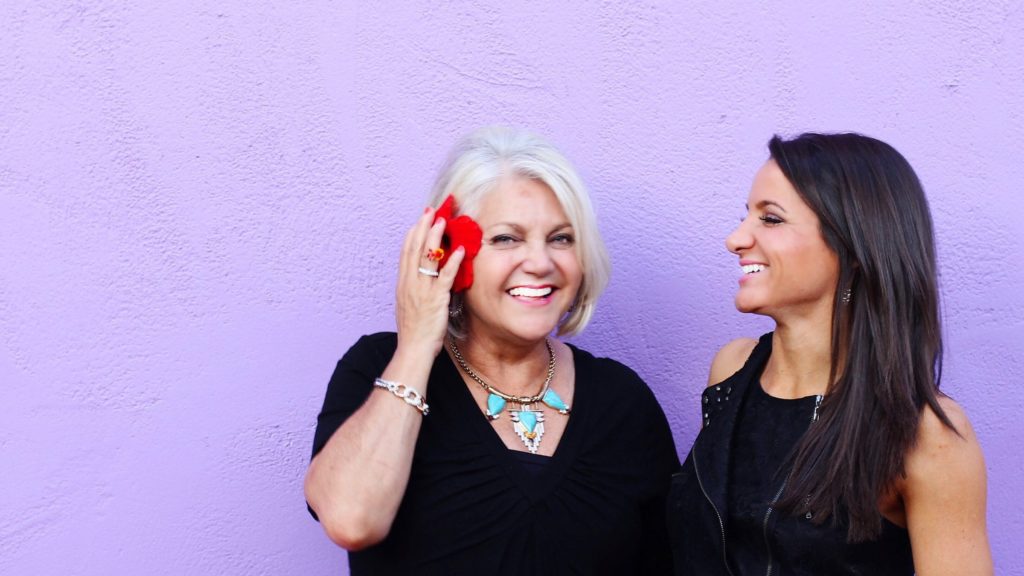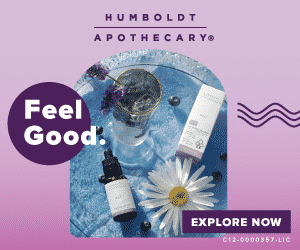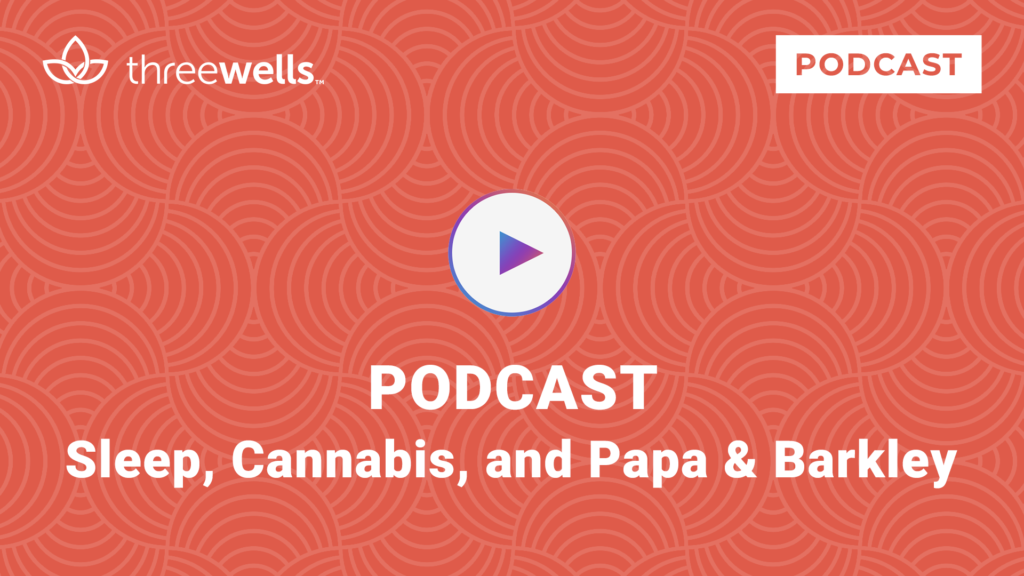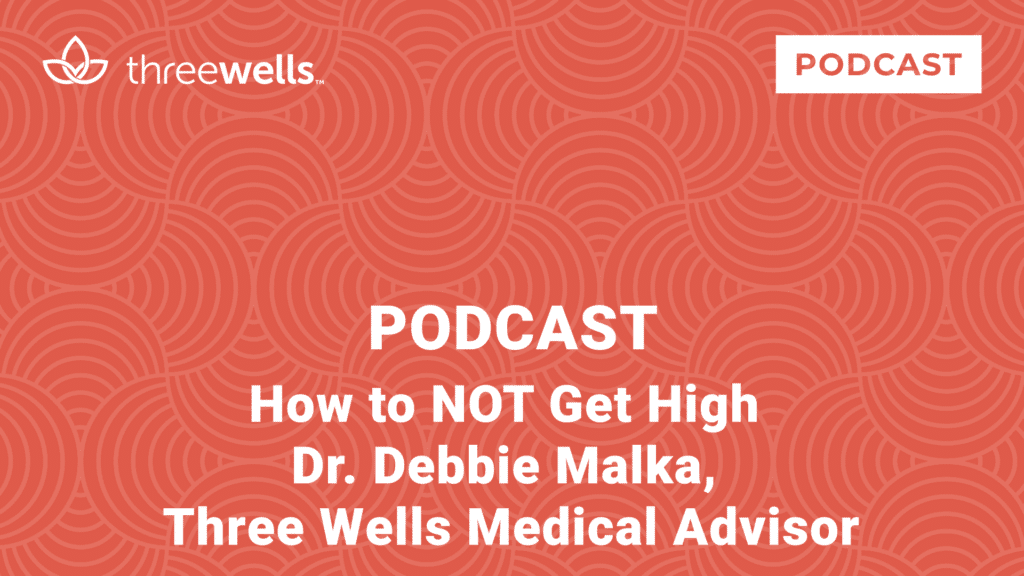by Deborah Malka MD, PhD
4:30 Read Time
These days, if you’re in your 40s or 50s, you may feel like you’re talking out of both sides of your mouth. One minute, you may be having a conversation with your teenager about why they shouldn’t use cannabis. Next, you may be talking to your senior parents about why they should consider using it.
While the two conversations could sound very different, there are likely to be some similarities, including the question, “Is cannabis a drug of abuse or is it therapeutic and less harmful than prescription drugs?” The answer, we now know, is cannabis can be both of those things. No matter a person’s age, the key is knowing the facts about cannabis so when and if it’s used it is used safely and effectively.
However, with only 10 of our 50 states remaining in which cannabis is fully illegal, 6 approved for CBD some with low amounts of THC, and 34 approved for medical use, of which 11 are fully legal, it is clear that the majority of the United States looks at cannabis more as a medicine than a drug of abuse (see if cannabis is legal in your state). Yet, there is still the potential for overuse, misuse, ineffective use and most often, uninformed use for many people. So, education and accurate knowledge remain key to any discussion of safe cannabis use – no matter the age of your audience….
How to Talk to Your Underage Children about Cannabis
First and foremost, cannabis is illegal for anyone under the age of 21 throughout the country unless they are approved for medical use. It’s never a good idea to encourage your kids to break the law. However, you and I both know that you can tell your teenager not to use cannabis, but the conversation isn’t likely to end there. They’re going to ask ‘why not?’
Well, here’s the official government stance as posted by NIDA (National Institute on Drug Abuse) at drugabuse.gov, is summarized by 3 admonitions:
- Marijuana affects the developing teen brain. Your brain continues to develop until you’re about 25 years old.
- Marijuana use is linked to problems in school. Marijuana dulls attention, memory, and learning skills
- Marijuana can be addictive.
These can all be true in instances of regular, but not occasional, use of THC-rich cannabis.
Let’s face it – no matter what you say, there’s a moderate chance that your teen is going to try cannabis at some point in their teenage years. Twelve to 13% of teens aged 12-17 admit they have tried cannabis, although my hunch is this percentage is likely higher. By college age, 60−73% of students report use. Saying that you don’t approve or “Just don’t do it!” is not a convincing argument for this population. More direction is needed.
So What Should You Say To Your Teen About Taking Cannabis?
Consider talking to your teen the same way you would about alcohol use, or smoking. If your teen does use cannabis, encourage them to be honest about it. Keep the lines of communication open. Perhaps you can encourage minimized, supervised use, use safely only at home, and to use strains with less THC and more CBD. If there is a medical need, help them to become an approved patient with physician advice on what and how to use. And, most of all, discuss what it is they’re trying to achieve. Because ~20% of youth have a mental health disorder you have to consider that there may be emotional issues that need to be addressed. Being informative and supportive of the needs of your teenager will likely be the most successful.
How to Talk to Your Elder Parents or Relatives
Now, on the flip side, when talking to your elder parents or relatives, there are often misconceptions to deal with that make them hesitate to consider cannabis use. Even if you think cannabis use will help them manage their wellness, there may be a stigma associated with its use, generated by a lifetime of cannabis being considered a drug of abuse. This can be quite a high hurdle to overcome. Most of our lives, and especially in the case of our older parents, we were taught that cannabis wasn’t something to get mixed up with.
However, cannabis has come a long way from when we (and they) were growing up. Indeed, for most of one’s adult life, the only cannabis that was available was a THC-rich type which has several side effects that create risk, especially for seniors. These side effects may include anxiety or paranoia, dry mouth and eyes, increased heart rate, disorientation and impaired coordination, among others. Given these side effects, THC-rich cannabis is rarely an appropriate choice for elders.
But, that’s where CBD-rich cannabis comes in, with an increasing amount of options being formulated for medical use over the past 10 years. In fact, the rise in cannabis use by seniors parallels the availability of CBD and CBD-rich cannabis. The percentage of those 65 and older who use cannabis increased from 0.5% in 2006 to 4.2% in 2018, while current CBD use in this population is almost double that, estimated to be 8%. As of 2018, with the decriminalization of hemp-derived products, CBD is now sold at drug stores, health food stores and online, among other sources.
Now, this creates problems of its own, in that unregulated CBD can also be overused, or ineffectively used.
While CBD-rich cannabis may be a safer option, there are a few side effects, including paradoxically, sedation or problems with sleep, gastrointestinal distress, or dry mouth and eyes.
Consulting a Physician
The great detriment to CBD-rich cannabis being available without a prescription or medical recommendation is that consumers do not realize they should still receive medical advice. Often, family members can help their elders become more informed about options for cannabis or CBD use, but if there is a medical need, which most often with older adults there is, I encourage a conversation between your elder, his or her physician (and maybe you, too) to make sure they are full informed about the therapeutic effects – and side effects – of cannabis and CBD.
Why? Well, one reason is, in my experience, older adults tend to be conservative when it comes to their cannabis use, often afraid to use enough to have the desired effect. (Teens tend toward immoderate overuse). However, using too little will not yield effective results, which is often the case with older adults. They are conditioned to heed a physician’s advice, so help them to get a medical evaluation for cannabis so they get trustworthy advice about dosage.
On the other hand, if you and your elder are interested in a topically applied CBD or cannabis does not lead to any side effects and is generally safe to use without medical advice. When helping an older adult purchase a topical, doing research on what dose to look for, and making sure they follow through is something that can be done by adult children. Making sure that your parent’s physician is informed of any alternative health changes he or she undertakes is also helpful.
Cannabis and CBD Addiction
There is one more topic that may come up in your family discussion, no matter the age of the family member – addiction. There really is no medical diagnosis of cannabis addiction, nor is there any longer the use of the word dependence, although these terms remain in much of the literature you may find. The only time where intervention may be appropriate is in the case of overuse or dependence.
Currently, overuse of cannabis is described medically by the diagnosis of Cannabis Use Disorder. This is most often conferred by a psychiatrist or a psychologist. If this is the case with someone in your family, it might be best treated as you would someone diagnosed with Alcohol Abuse Disorder. Caring, non-judgmental, rehabilitative support is appropriate. This will be discussed further in a separate article.
If there’s one takeaway I want you to remember, it’s this…With informed feedback from health professionals and an open and honest dialogue with family, cannabis and CBD can be safely used by all age groups, and when used correctly and effectively, cannabis and/or CBD may decrease (or avoid) the need for other prescribed medications.




